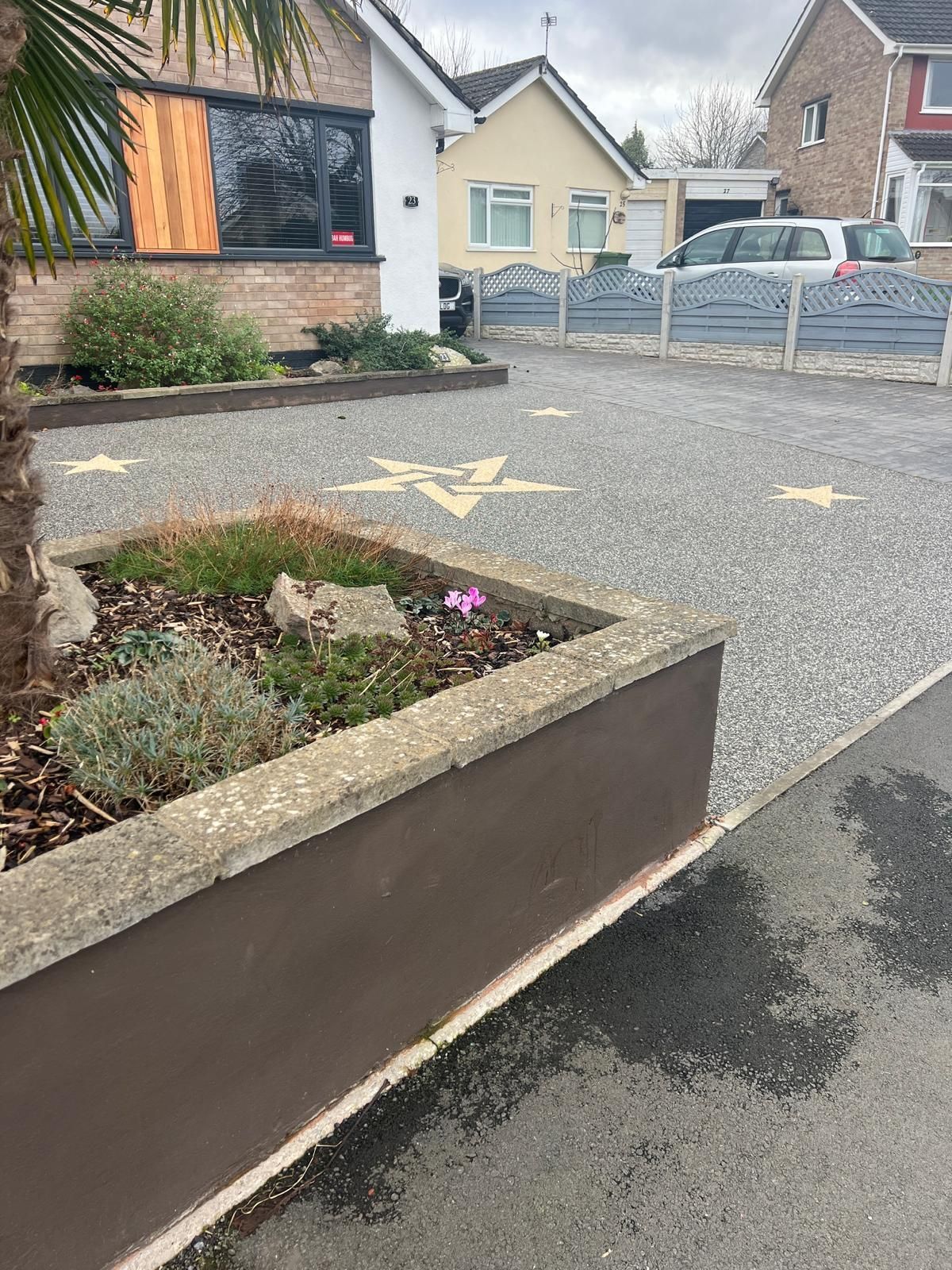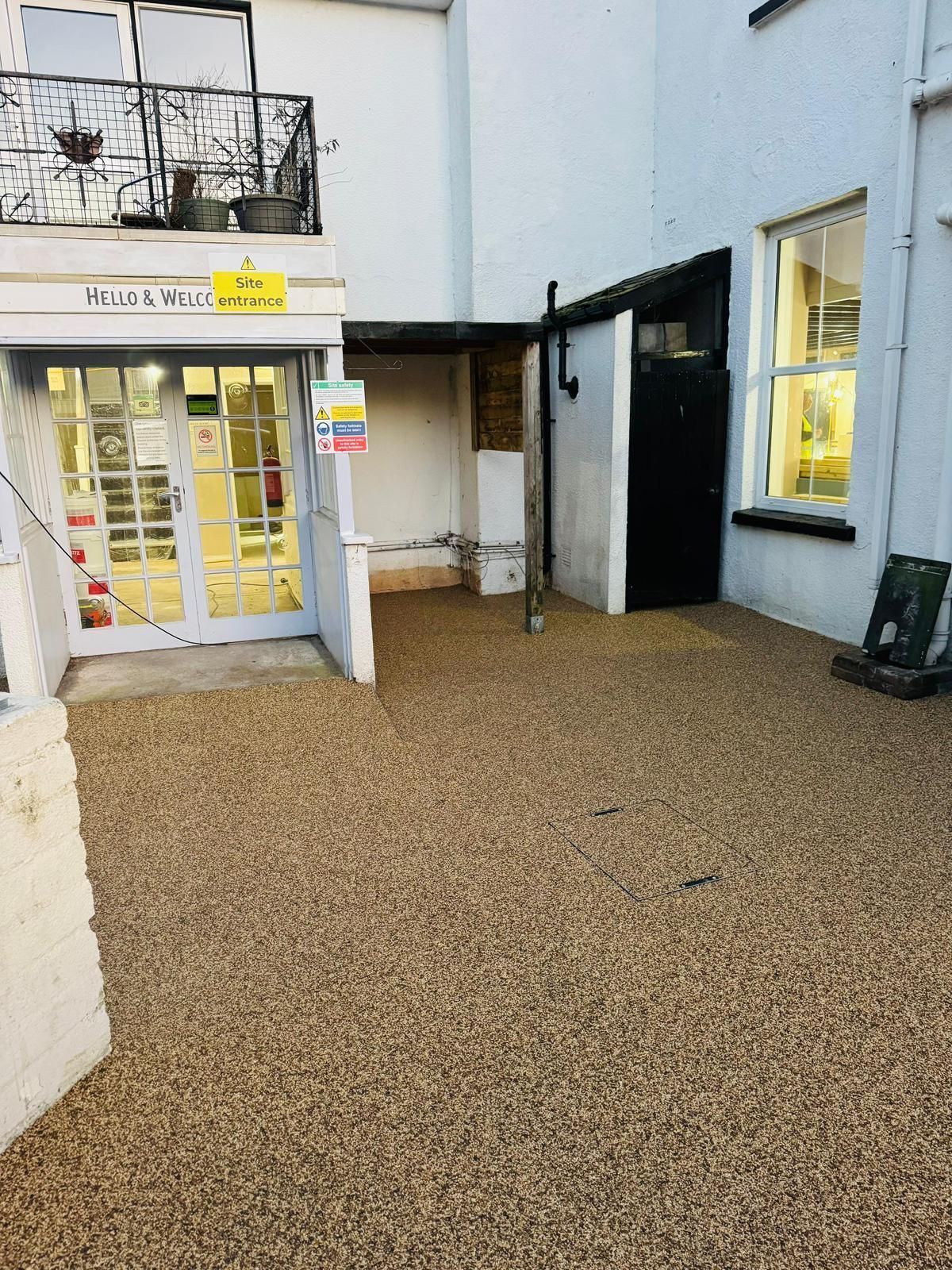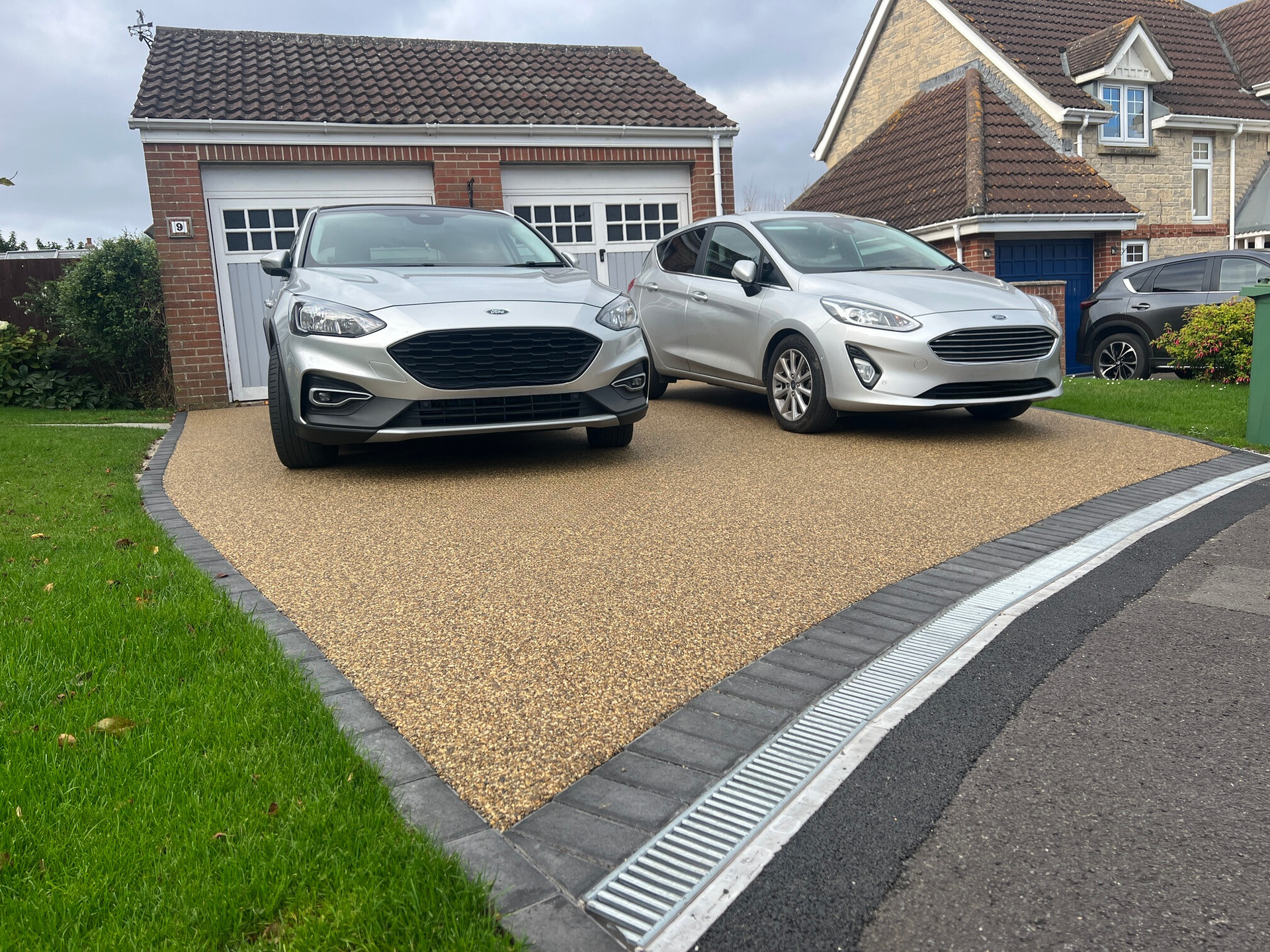The Strategic Surface: Why Warehouses Are Choosing Resin Driveways

The Hidden Challenge Beneath Your Property
Many homeowners face ongoing challenges in
subsidence-prone areas without realising the impact on their hardscaping choices. Traditional rigid driveways often fail prematurely when installed in locations with
soil settlement
or
ground stability problems. Understanding these underlying conditions is essential when selecting appropriate surfacing materials for long-term success.
Recognizing the Warning Signs
Several indicators suggest your property has
property subsidence risk factors that should influence your driveway material selection. These include cracks in existing concrete or building foundations, doors that stick or won't close properly, and visible
foundation movement in your home or outbuildings. High clay-content soil properties are particularly susceptible to
clay shrinkage solution requirements.
Prevention Through Smart Material Selection
Effective
driveway cracking prevention begins with choosing materials designed to accommodate ground movement. Resin-bound surfaces offer flexibility that traditional rigid materials simply cannot match. This adaptability makes them particularly suitable for
unstable ground driveways, where conventional options frequently fail.
Addressing Multiple Challenges Simultaneously
Beyond subsidence concerns, many properties also face
soil erosion control and
water damage prevention issues.
Resin-bound systems offer advantages in both areas through their permeable nature. They allow water to drain naturally through the surface rather than creating destructive runoff patterns that can exacerbate erosion and foundation issues.
A Forward-Thinking Approach
Property owners in subsidence-prone areas need surfacing solutions that address current challenges while anticipating future ground movement.
Resin-bound driveways represent a practical approach
that combines aesthetic appeal with technical advantages specifically suited to challenging ground conditions. If your property shows any signs of ground instability, exploring resin options could save significant repair costs and headaches in the years ahead.




